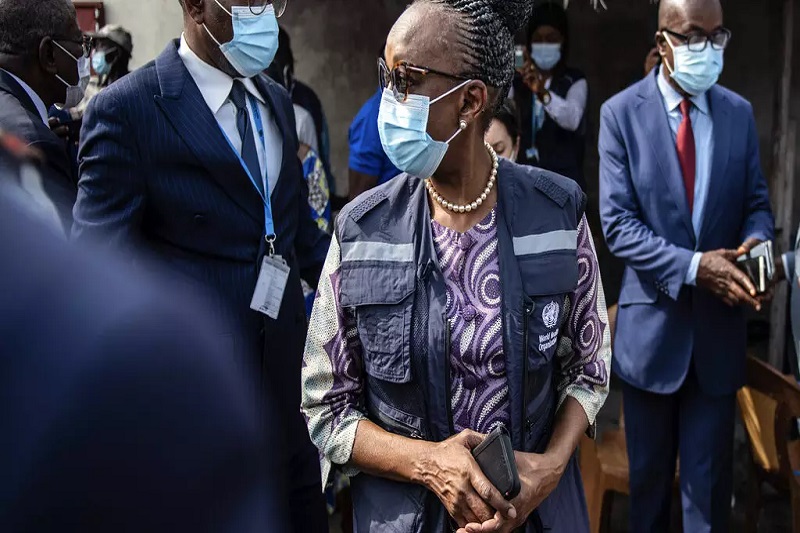Last updated on September 17th, 2022 at 01:48 pm
Two months after recording three cases, two of which were fatal, Ghana proclaimed an end to the outbreak of the Marburg virus disease on Friday, according to the World Health Organization (WHO). The Marburg virus illness is a hemorrhagic fever that is almost as dangerous as Ebola.
The World Health Organization (WHO) made the announcement in a statement that “the end of the epidemic has been declared by Ghana’s Ministry of Health after there have been no new cases registered for 42 days.” Dr. Matshidiso Moeti, WHO Regional Director for Africa, was quoted in the news release as saying, “Even though the country has never seen this virus before, Ghana’s response has been quick and strong.”
The hemorrhagic fever was identified in Ghana for the very first time during this outbreak, which was notified on July 7 and has since confirmed a total of three cases, two of which have resulted in fatalities. “Marburg is a terrifying disease because of the fact that it is extremely contagious and can quickly result in death. There is neither a vaccination nor a treatment that can stop the spread of the virus. Any sign of the Marburg virus should raise serious concerns,” Moeti noted.
Fruit bats are responsible for transmitting the Marburg virus to humans, and the disease can be passed between people through direct contact with the bodily fluids of infected individuals, as well as infected surfaces and materials. In September 2021, 42 days after a single case of the Marburg virus was found in Guinea, the World Health Organization (WHO) said that the Marburg virus outbreak in West Africa had been stopped.
Related Posts
A number of countries in Africa, including Angola, Kenya, Uganda, South Africa, and the Democratic Republic of the Congo, had previously recorded sporadic outbreaks and cases of the disease. The symptoms of the sickness, which include a sudden onset of high fever, severe headache, and eventually malaise, appear all at once. The World Health Organization (WHO) says that case mortality rates have ranged from 24% to 88% during previous epidemics, depending on the type of virus and how cases were handled.
Even though there are no vaccinations or antiviral medicines that have been approved for the virus, survival rates can be improved by rehydrating the patient orally or intravenously and treating the specific symptoms that they are experiencing.

